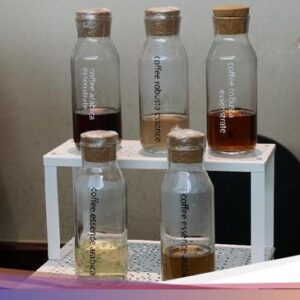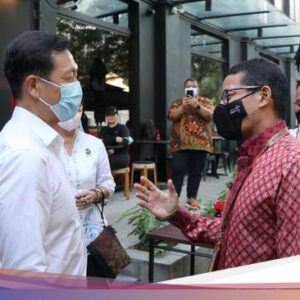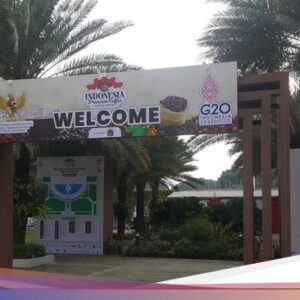Jakarta – Delicious coffee from Sulawesi is not only from Toraja. In Central Sulawesi, for example, there are dozens of districts producing delicious coffee, including Donggala.
Central Sulawesi Province consists of 12 districts and 1 city. Of the 13 autonomous regions, only the city of Palu does not have coffee plants. This means that Central Sulawesi is a productive coffee producer.
The most productive coffee producing area is in Poso, but the largest coffee plantation area is in Sigi. While Donggala does not have a very large area, the coffee produced is also quite large.
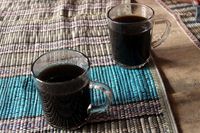 Photo: detikcom Photo: detikcom |
Also read: Being the Prima Donna, Coffee Triggered the War of Two Kingdoms in South Sulawesi
ADVERTISEMENT
SCROLL TO CONTINUE WITH CONTENT
Donggala Regency has local coffee known as Kopi Sojol. This coffee is grown in a mountainous area at an altitude of 3,226 meters above sea level. This area is suitable for planting Arabica coffee which usually grows in the highlands with cool temperatures. However, overall, Central Sulawesi is a producer of robusta coffee.
Quoting the Smart Coffee Book written by Edy Panggabean in 2011, it was recorded that the largest coffee producer in Central Sulawesi was Bungku Utara District in the expansion district of North Morowali. Data from 2006 recorded that this area produced 18.13 tons of coffee in one harvest.
In Central Sulawesi, Sigi and Poso Regencies are the areas with the longest history of coffee. Coffee plantations in this area have been planted since the era of Dutch colonialism. Gradually, the spread of coffee plants became wider, reaching the Lore Lindu National Park, Kulawi, Pipikoro, Palolo and the valley areas around the Poso area.
In Pipikoro there is a coffee called Toratima coffee. This unique coffee is the result of natural fermentation from bats, mice and squirrels. The difference with luwak coffee, toratima coffee is not fermented in the animal’s digestive system.
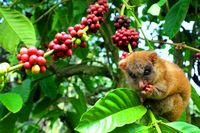 Photo: Special/seacoffee Photo: Special/seacoffee |
The coffee cherries are ripe, then eaten and the beans are immediately spit out. These seeds are then processed by traditional roasting and pounding.
Also read: In 1900, coffee became a tool for bartering weapons in South Sulawesi to fight against the Dutch
This coffee is not sold freely because people only consume it as a daily necessity or as a treat for guests.
Because it is processed traditionally, in general Central Sulawesi coffee has a unique taste character. The aroma is strong while the coffee tastes slightly savory. This special coffee taste makes the people of Central Sulawesi proud of their local coffee.
Also watch ‘Mantul! Drinking Kerinci Arabica While Eating Lupis’:
[Gambas:Video 20detik]
(dvs/odi)

